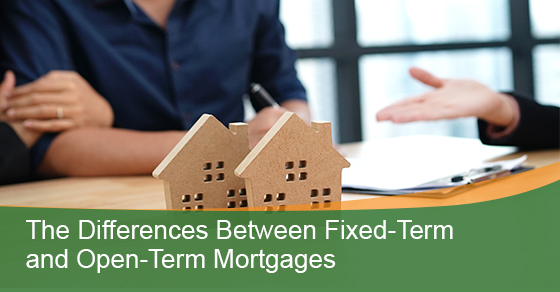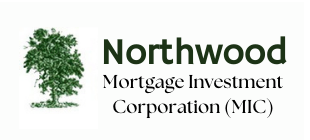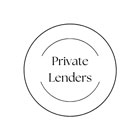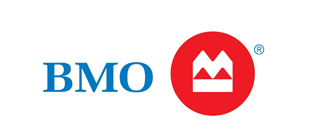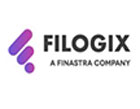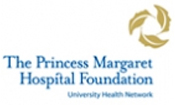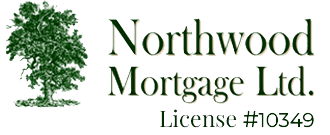Volatility in the financial markets can create havoc for investors and homeowners alike. An economic downturn can wipe out a lifetime of investments or cause interest rates to soar without notice.
When buying a home, many considerations come into play, and the first is the type of mortgage you choose for the financing for your home. You can choose from a fixed-term mortgage, a variable rate mortgage, an open mortgage, or a closed mortgage.
To identify the best mortgage financing product for you, let’s define what the mortgages are and how they work for a homebuyer.
Fixed-Term Mortgages
The fixed-term mortgage is the pillow mortgage; it provides peace of mind so people can sleep well at night. In a fixed-term mortgage agreement, a lender offers to loan you money at a rate of interest that won’t change over a fixed period and is amortized over an extended period of time.
If you choose a 5-year mortgage with an amortization of 25 years, your interest stays constant for the full 5 years. Fluctuations in the market place won’t affect your interest rate. The price to buy peace of mind can be quite costly, as the fixed-term mortgage will be priced higher — via interest rate — than other mortgage products available.
Variable-Rate Mortgages
A variable-rate mortgage is similar to the fixed-term mortgage, but with a critical difference. Certainly, you have the same term as a fixed-term mortgage with the same amortization period, but when interest rates move up or down, so does your mortgage payment.
Your mortgage principal cost remains the same, but the increase or decrease in the interest rate will determine your total amount. The variable rate of interest is tied to the Bank of Canada interest rates and how your lender reacts to changes in the marketplace.
A VRM can come in two different streams: a set payment or a fluctuating payment. A set payment means that you pay the same amount every month. The fluctuating payment will have a significant impact on how many mortgage payments are made on the amortization schedule. When interest rates drop, the percentage of your monthly payment to the principal increase. Conversely, when rates rise, the amount paid toward the principal is less, and amortization has a more extended period.
The Open Mortgage
In simplest terms, an open mortgage is a mortgage that allows for a payoff at any time. This is a great option for people who earn large chunks of money, but the downside is that it comes with a much higher interest rate.
The Closed Mortgage
The closed mortgage comes with conditions for the borrower. You don’t have flexibility — rules prevent large payouts — to make a large payout or pay off the mortgage because there are penalties. Many lenders offer borrowers an opportunity to make anniversary payments or pre-payments against the principal without penalty within specific parameters.
Fixed-term mortgage or variable term mortgage?
Your financial position will drive the decision-making process when determining which mortgage works for you. But, it all comes down to this: are you in a financial position to deal with fluctuations in interest rates?
A regular paycheque might lead you to a fixed-term mortgage. For people who work in a results-driven environment — with payment accordingly — they might choose a variable rate to match their earning capacity.
Closed mortgage or open mortgage?
A closed mortgage is the choice of many Canadians as it affords security and is a simple financial instrument to understand. The beauty of this financial product is the fixed interest rate, which has no surprises.
An open mortgage, on the other hand, can be a benefit for someone who knows they will be entering into a financial windfall and will want to attack the principal faster, reducing interest costs.
To make the most out of your financial capacity, consult with a mortgage broker to get the best possible deal when shopping for a mortgage. When you do find a product to your liking, make sure it fits like a finely tailored suit to maximize your personal situation.
To learn more about the difference between fixed-rate and variable-rate mortgages, call Northwood Mortgage™ at 416-969-8130 or contact us here.
